The modern workplace relies on connectivity and communication. Businesses are constantly looking for ways to streamline internal processes, allowing colleagues to share information efficiently throughout all levels of the organisation.
For more than two decades, emails have been a staple of that communication, removing the need for unnecessary telephone calls or face-to-face meetings and placing the power at the fingertips of employees.
Now, over 28 percent of the average working week is spent managing emails, which accounts for 11 hours spent solely on communication. Around 126 emails are sent and received each day per person, which can quickly become distracting, even for the most focussed of workers.
Productivity, including how we handle emails and all other forms of communication, is a core aspect of our Total Leader solution. Outstanding time management is an essential skill for managers and leaders to master.
Unwelcome distraction
Ironically, emails were originally intended to enhance productivity, but their popularity now makes them an unwelcome distraction at the best of times.
While there will undoubtedly be emails that require an urgent response, it’s important to remember that incoming enquiries should not dictate your agenda, especially if you have other high payoff activities to attend to.
For some people, it can be instinctive to open and respond to an email as soon as it enters the inbox and while this may impress the recipient, it can be at the expense of your productivity, preventing you from completing work on deadline and to a high standard.
Ultimately, emails should be used to make your working life easier, so if it reaches a point where your inbox is interfering with daily tasks, then it might be time to assess your time management.
Managing your time
Effective time management is the art of accomplishing more in a shorter period, leading to more free time that can be better spent completing other activities.
When it comes to your emails, one of the best ways to practice good time management is to designate specific times each day to checking and responding to messages ,allowing them to free up the rest of their day for other important work. Allocating three half-hour slots for handling email each day can be a huge productivity boost for most people.
During this time, it’s best practice to remove and delete junk emails, while important messages are relocated to their relevant folder, so they can be accessed later.
If you find yourself sifting through a lot of sales-related emails each day, then consider unsubscribing to the platforms or services that you no longer need in order to reduce unnecessary alerts.
Setting achievable targets…
Once you have designated a specific time to managing your emails, then it’s important that you stick to this new routine and delay responding to non-urgent messages during your focussed working hours.
Consider turning your email alerts as this will give you enough time to finish the high payoff task you’re currently working on, helping you enhance your workplace productivity.
It’s possible to reinforce this new behaviour with realistic goal setting, outlining achievable targets that help drive you forward, despite the distractions that surround you.
Don’t allow emails to hinder your productivity. Take control of your surroundings and manage your time better to achieve results.

